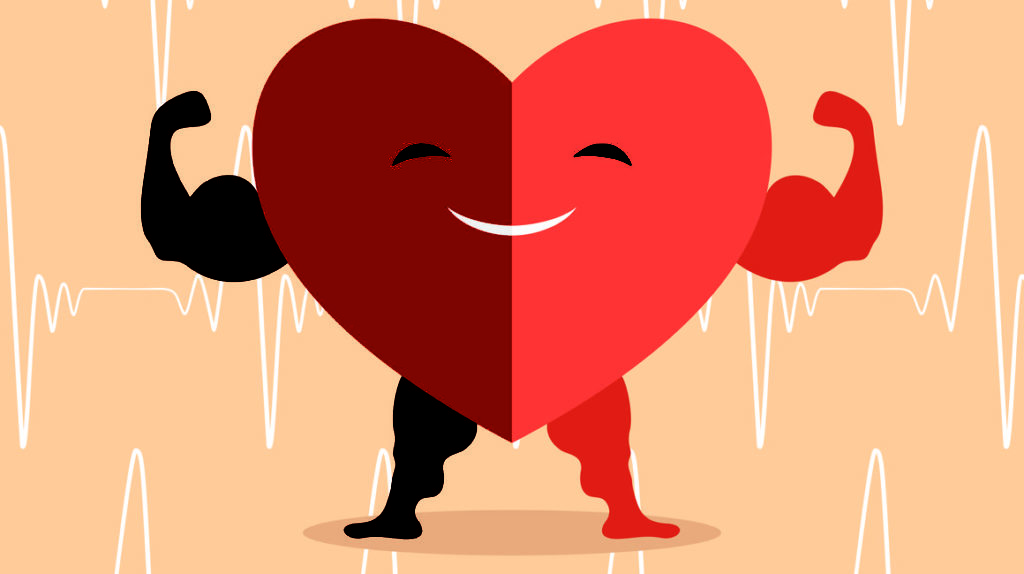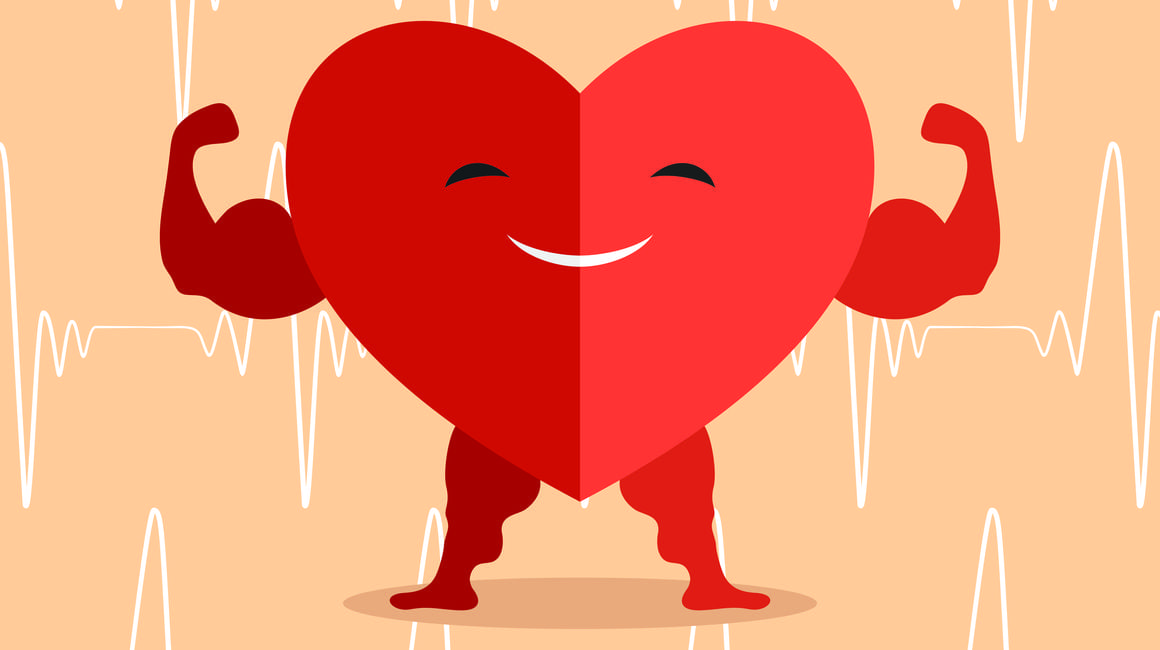
A healthy heart is a prized possession that takes a lot of work to acquire, particularly after you’ve hit your forties. Experts say that adopting a healthy lifestyle and caring for your heart can prolong your life by several years.
Here are ten tips to get you started on the road to long-term cardiac wellness.
Add anti-inflammatory spices to your diet
Ancient eastern herbs have been used for centuries to treat inflammation, which lies at the root of many modern-day illnesses, including heart disease. To keep your heart healthy and minimize oxidative damage, increase your intake of foods with antioxidant and anti-inflammatory properties, such as ginger, cloves, garlic and turmeric.
Drink more water
While this health advice is useful for all ages, it greatly benefits people past 40, as research indicates that drinking more water every day can significantly reduce a person’s risk of developing heart disease. Just make sure to use a water bottle made of either stainless steel or lead-free glass.
Learn ways to manage stress
Stress is very bad for the heart. In fact, researchers have found a direct link between chronic stress and cardiac ailments. To protect your heart from undue pressure, learn to cope with stressful situations effectively and focus on keeping yourself healthy and active no matter what the circumstances.
If you live alone, adopting a pet may be a good solution to beat the loneliness and to unwind after a rough day.
Reduce your intake of salt and sugar
Both of these essentials are bad for your heart if taken in excess. Sodium and sugar in packaged products pose an even greater risk for your heart. Reducing your daily intake of processed sugar and salt is essential for managing your blood sugar, blood pressure and cholesterol levels. An easy way to do this is to eliminate packaged and processed foods from your diet.
As you adopt a healthy lifestyle, you will soon get used to low-salt and low-sugar foods.
Give up smoking
If you haven’t done it already, now is a good time to quit smoking. Tobacco is one of your heart’s worst enemies and the damage done by long-term tobacco use is often irreversible. To protect yourself against a heart attack or a worse cardiac event, bid adieu to substance use of any kind at the earliest.
Switch to olive oil
The famously healthy Mediterranean diet gets much of its goodness from olive oil, which is loaded with healthy fats. Changing your oil can make a marked difference in your blood cholesterol levels and thereby protect your heart.
Pour olive oil over your salads or use it to cook your meals. Remember, however, to use any type of oil in moderation.
Exercise every day
As you age, an active and healthy lifestyle keeps your mobility intact and keeps your heart in good shape. Make physical activity an indispensable part of your daily life. Pick what you enjoy doing most and challenge yourself every now and then with compound exercises that will make you work harder, thereby improving your metabolism and strengthening your heart.
Doctors at https://www.thomsonmedical.com/service/cardiology/ recommend taking a cardiac screening package to ensure your heart’s in good shape and detect any problems in the early stages.
Watch out for gum disease
Recent studies have found a link between gum disease and cardiac health. So take care of your oral health and watch out for any signs of trouble. Don’t miss your dental check-ups and remember to brush and floss every night.
Learn the symptoms of a heart attack
Most people are ill-equipped to handle a heart attack and that is why it is important for you to learn and understand the warning signs of an impending heart attack so that you can get emergency care for yourself or a loved one.
Common symptoms of a heart attack include shortness of breath, pain or pressure in the chest, radiating pain in neck, shoulders, jaw or back, nausea, cold sweat and vomiting. Talk to your physician to learn how to recognize these warning signs and how to handle the situation.
Take up yoga
Certain yoga postures are particularly meant to boost cardiac health. Moreover, yoga improves blood circulation, helps in gradual and sustainable weight loss and also calms and relaxes the mind.
If you’re not a fan of yoga, take up light yoga exercises at first, and once you find your physical and mental health improving with daily practice, go on to explore the more challenging postures, which have proven health benefits.
